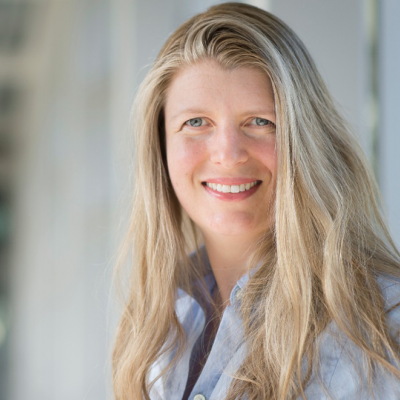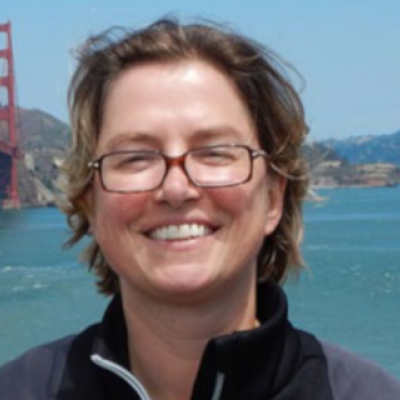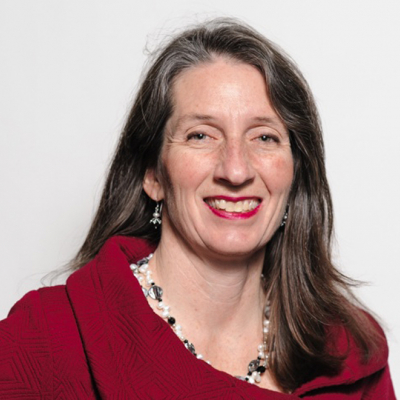Meet the National Network
NSERC Chairs for Women in Science and Engineering

The Chairs for Women in Science and Engineering (CWSE) Program was launched in 1996. The goal of the program is to increase the participation of women in Science, Technology, Engineering, and Mathematics (STEM), and to provide role models for women active in, and considering, careers in these fields. The CWSE Program is regional—with one Chair for each of the Atlantic, Quebec, Ontario, Prairies, and British Columbia/Yukon regions. NSERC funding must be matched by cash contributions from supporting organizations. The NSERC CWSE National Network Conference Grant is administered by the NSERC CWSE Chairs. Applications for funding are accepted three times per year and may be submitted by individual students, professors, administrators or professionals during the intake periods. The objective of the NSERC CWSE National Network Conference Grant is to support the organization of non-profit national conferences to contribute to the advancement of women in STEM. The National Network of CWSE is sponsoring academic advancement workshops nationwide. The workshops are a unique opportunity for women to look ahead to promotion—to get advice and support on their career path. The workshops focus on skills, strategies, and "insider information" necessary to obtain and succeed in a tenure-track position in science and engineering and advance to other positions of leadership. They have two levels: If you would like to run one of these workshops, please contact us for materials, planning advice, or assistance: Catherine Mavriplis National Network of CWSE Chairs Faculty of Engineering University of Ottawa Email: [email protected] Phone: 613-562-5800 ext. 8961 The NSERC CWSE National Network Conference Grant is administered by the NSERC CWSE Chairs. Applications for funding are accepted three times per year and may be submitted by individual students, professors, administrators or professionals during the intake periods. The objective of the NSERC CWSE National Network Conference Grant is to support the organization of non-profit national conferences to contribute to the advancement of women in STEM. It is available online on the Canadian Science Policy Centre website https://www.sciencepolicy.ca/news/how-covid-19-measures-are-impacting-women-academia The National Network of Chairs for Women in Science and Engineering presents the “Analysis of the distribution of gender in STEM fields in Canada” report as a resource to guide students, professionals, policy-makers and society as a whole to inform their thinking and approach to diversity and inclusion in STEM. This report offers a statistical overview of the distribution of gender in STEM fields in Canada in terms of undergraduate and graduate degrees awarded, major field of study and wages and employment. Access to the Statistics Canada survey data used in this study was granted to Ms Perreault and permission to release these files was obtained by Ms Perreault. The data for this report come from the 2011 National Household Survey (NHS), the Labour Force Survey (LFS) 2001-2016, and the National Graduates Survey (NGS) 200-2009. Authors: Elizabeth Croft, Jennifer Pelletier, Rebekah Parker "Divided into sheets, this book will provide answers to the most frequently asked questions with the help of verified facts and real-life experiences. Each leaflet is illustrated in a concise and clear manner with simple visuals, so that readers can easily find their way around. Covering a wide range of topics, the book Gender Diversity in SG aims to provide an overview of the issues and problems related to the under-representation of women in science and engineering and to provide possible solutions."
Sharing proven practices
Shinning a spotlight
Reaching out
Building momentum
Building networks
Past examples include:
 May, 2020: Dr. Tamara Franz-Odendaal, Full Professor at Mount Saint Vincent University and NSERC Chair for Women in Science and Engineering - Atlantic Region, has published an editorial article on the impact of the pandemic on women in academia, encouraging a better understanding of the challenges facing female researchers and the benefits to individualizing solutions moving forward.
May, 2020: Dr. Tamara Franz-Odendaal, Full Professor at Mount Saint Vincent University and NSERC Chair for Women in Science and Engineering - Atlantic Region, has published an editorial article on the impact of the pandemic on women in academia, encouraging a better understanding of the challenges facing female researchers and the benefits to individualizing solutions moving forward.







